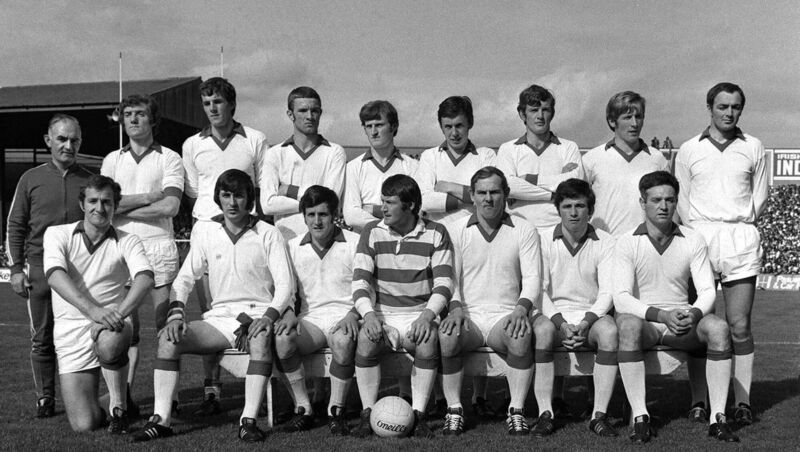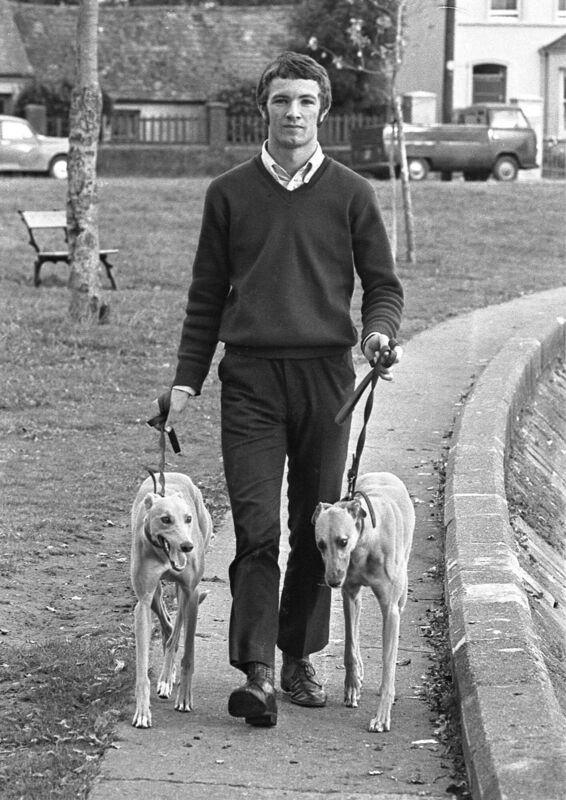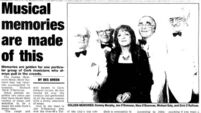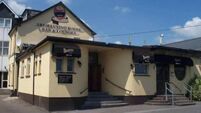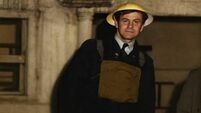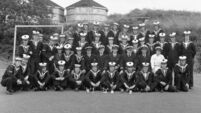50 years on from 1973 football All-Ireland win: Where did it all go right?
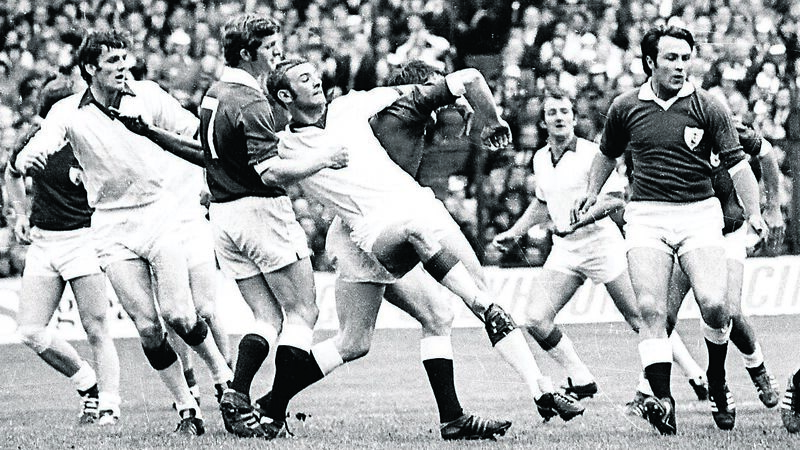
Jimmy Barry-Murphy hits the ball to the Galway net during the All-Ireland football final in September, 1973
IN the record books, Cork’s 1973 All-Ireland Football success stands in isolation; a one-off in a long era of failure. But it should not be viewed in that way. It was, in fact, the pinnacle of many smaller successes that took 20 years to bear fruit.
